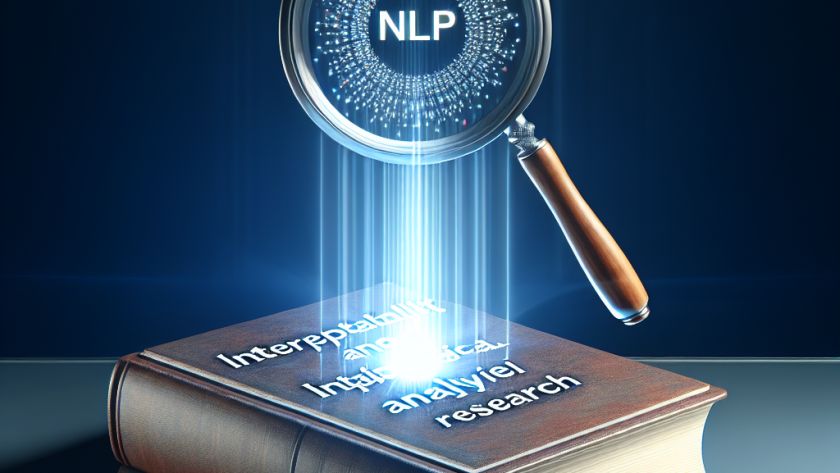The End of Financial Year (EOFY) is a crucial time for businesses in Australia, signalling the close of one financial year and heralding the start of a new one. It is a time where businesses must ensure financial records are accurate and up to date for lodging tax returns to the Australian Taxation Office (ATO),…












